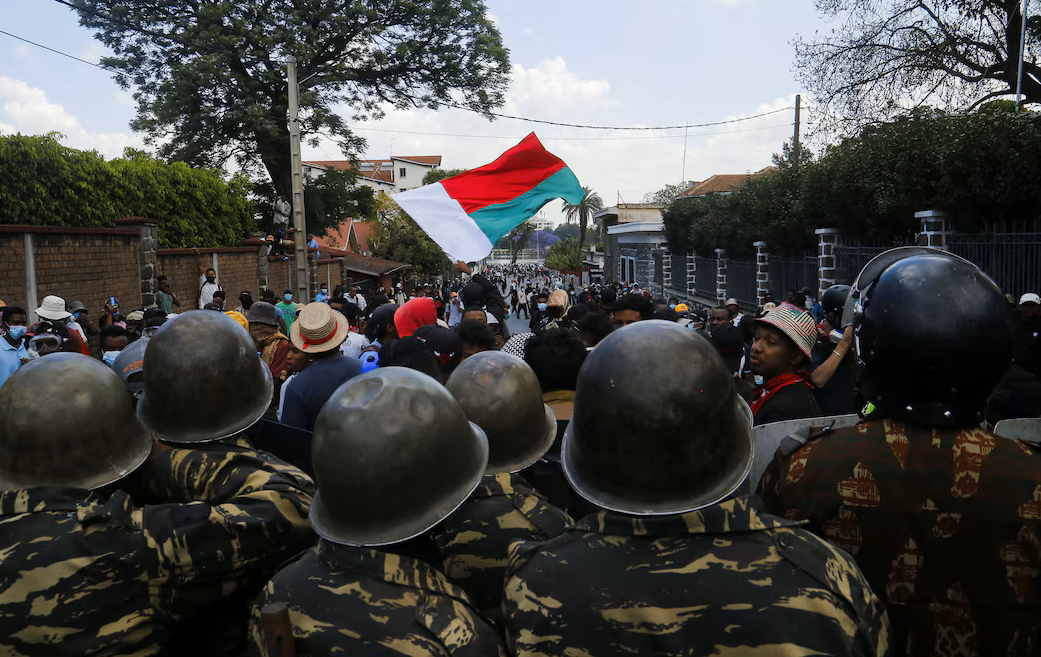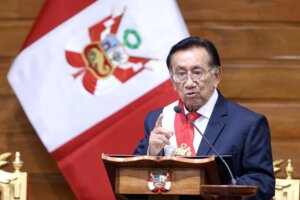In Madagascar, tensions continued to simmer in Antananarivo, the capital, on Sunday, despite a brief return to calm. Earlier clashes that led to the death of a young soldier prompted Gendarmerie officers to visit the Autonomous Corps of Personnel and Administrative and Technical Services (CAPSAT) headquarters in Soanierana for discussions.
The meeting, however, quickly escalated into violence, with gunfire erupting and several bystanders being injured. In the aftermath, CAPSAT military officials announced the appointment of Major General Démosthène Pikulas as the new Armed Forces Chief of Staff, declaring that all Army commands would now originate from CAPSAT.
The Presidency of Madagascar responded by accusing the military of attempting an illegal power grab. President Andry Rajoelina strongly condemned what he described as destabilization efforts, urging national unity to protect constitutional order and sovereignty, and reiterated his call for dialogue to resolve the crisis.
Meanwhile, the African Union (AU) has expressed deep concern and says it is closely monitoring the situation.
According to local media, residents in parts of Antananarivo reported hearing gunshots well into the night, prompting fear and uncertainty. Several neighbourhoods experienced increased military patrols and checkpoints, while some civilians sought refuge indoors to avoid being caught in the crossfire. Schools and businesses in certain districts remained closed on Monday as a precautionary measure.
Political analysts warn that the situation could trigger a wider institutional crisis if negotiations between the Presidency and the military fail. They note that CAPSAT has historically played a key role in previous political upheavals in Madagascar, including the 2009 crisis that brought Rajoelina to power. Observers are calling for swift mediation to prevent a prolonged standoff that could destabilize the country further.




